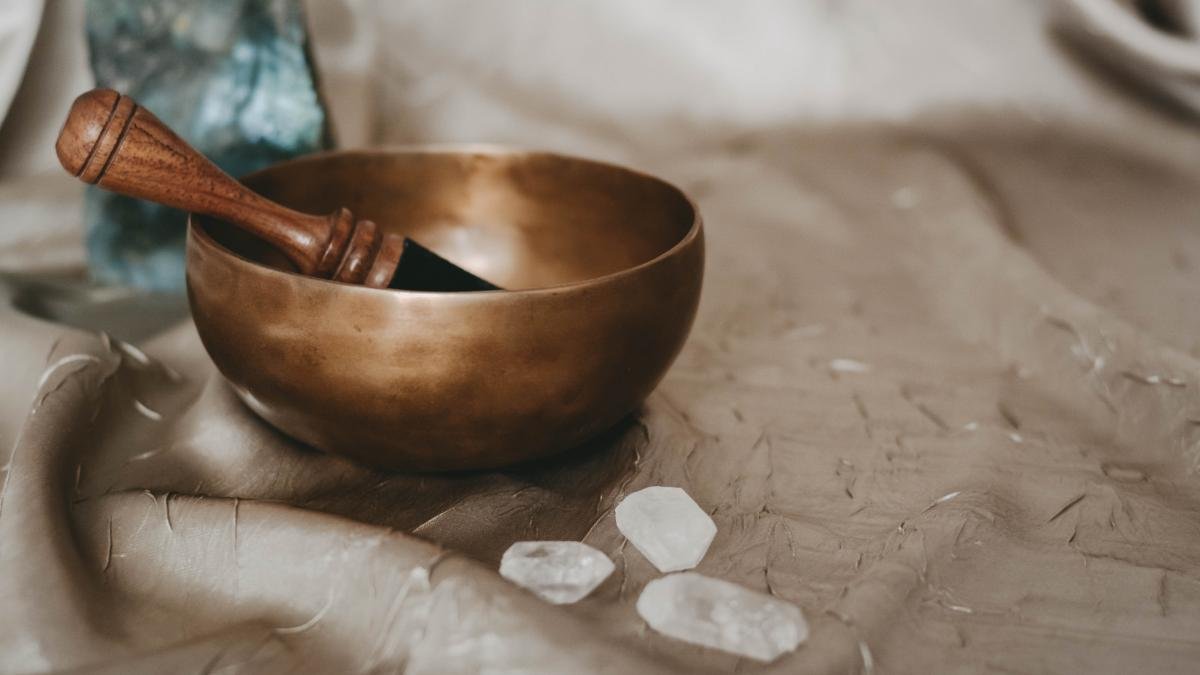Alternative therapies, also known as complementary medicine, is an umbrella term for a variety of treatments and therapies that are not part of conventional Western medicine. This can include everything from Ayurveda, yoga, acupuncture, naturopathy, homeopathy and traditional Chinese medicine to different types of massage therapy, energy healing and meditation practices.
What are alternative therapies and their history?
The history of alternative medicine dates back to ancient civilizations such as India, China and Greece. In India, Ayurveda and Yoga have been the main forms of alternative medicine for centuries. However, in India, the above forms are not considered alternative medicine in themselves as they are so deeply ingrained as a part of people’s lives. “Dincharya.” Or everyday routines.
In recent years, interest in Ayurveda and other alternative therapies has grown worldwide. People are looking for natural, holistic solutions to their health problems, and Ayurveda offers just that.
According to a report by the Global Wellness Institute, the global wellness industry is currently worth more than $4.5 trillion, with alternative therapies such as Ayurveda accounting for a big part of that growth. According to another report by Grand View Research, the global alternative medicine market is expected to be valued at $117,210.3 million in 2022 and expand at a compound annual growth rate (CAGR) of 25.1% from 2023 to 2030.
consumption
“Consumption patterns of alternative therapies have also undergone a major change post-COVID-19. The pandemic has led to an increase in stress, anxiety and mental health issues, resulting in a surge in demand for alternative therapies like Ayurveda, yoga and homeopathy,” said Akshi Khandelwal, founder and CEO, Butterfly Ayurveda.
She added that these therapies have gained immense trust and appreciation among people due to their ability to offer a holistic approach to treatment and also their ability to heal while treating the root cause of health issues without causing any side effects, ensuring lasting pain relief and rejuvenation for individuals.
India has become a hub of such practices as Ayurveda and naturopathy are at the heart of the Indian kitchen and make an essential contribution to the daily life of the people. These not only help in treating a range of health issues, from reducing stress, anxiety and depression, but also help in alleviating chronic physical ailments such as digestive, joint and nervous system health. They improve overall health and make people more health conscious.
However, to be successful in using these methods to enhance your overall health and quality of life, it is important to seek alternative therapy consultations from qualified professionals who have undergone extensive training and have the appropriate knowledge and necessary experience.
India has formalised alternative medicines and therapies as part of the Ministry of AYUSH (Ayurveda, Yoga, Unani, Siddha and Homeopathy), Government of India, formalising the assessment and certification of alternative medicines and the manufacturing capabilities of brands operating in this industry, as well as providing a set of opportunities and institutions to increase education and awareness on the subject.
Moreover, India has recognised the need to invest in research and development of such practices, particularly Ayurveda, and the Ministry of Finance has increased the total budget for the Ministry of Ayurveda by 20 per cent to Rs 3,647 crore in 2023. The Budget also places emphasis on promoting evidence-based research in the Ayurvedic system through the Ayurvedic Research Council.
Increased demand
The increasing demand for natural and holistic solutions to health problems and the growth of the global wellness industry have led to a rise in the prominence of Ayurveda and other alternative therapies.According to a Mordor Intelligence report, the Indian AYUSH and alternative medicine industry is expected to register a CAGR of 8.6% during the forecast period 2023-2028.
“Continued investment in research and development, promoting education and awareness, and improving modern scientific validation processes for alternative therapies are crucial to ensure they are safe, effective, and available worldwide,” said Akshi Khandelwal.
Prioritizing sustainable forms of treatment indicates a bright future for the planet, and India is poised to lead the global alternative medicines and treatments market.
— end —

